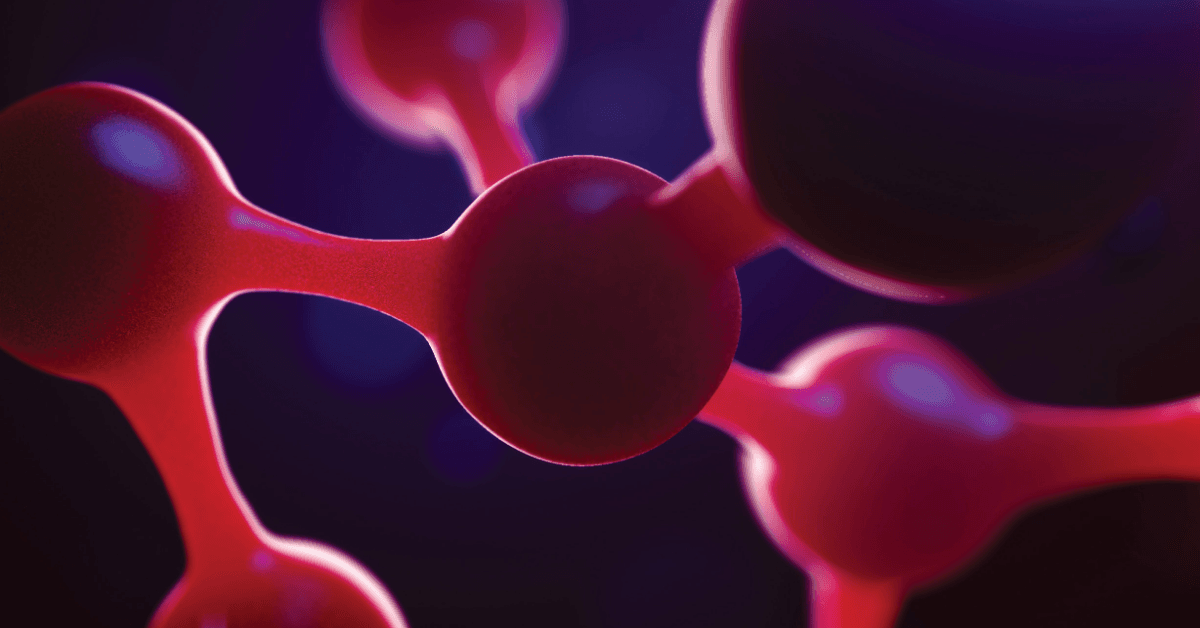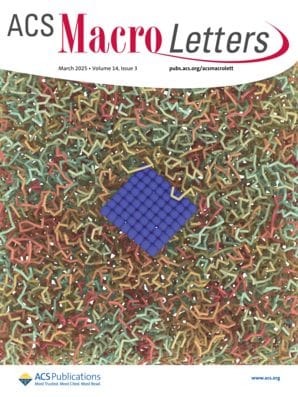ACS Macro Letters invites researchers to share their vision on the past, present, and future of polymer science through impactful Viewpoint articles. Discover how to submit a proposal and join the conversation.

Since its first issue, the Viewpoint article type has been an important staple of ACS Macro Letters, allowing authors to spark conversation, share their vision, and highlight innovations of interest to the macromolecular science community. These articles are typically invited by editors, and now prospective authors may submit a Viewpoint proposal for consideration by the Editorial Board and reach a wide and engaged audience.
In this article:
What Are Viewpoints?
Why Viewpoints Matter
What Makes a Great Viewpoint?
How to Submit a Viewpoint
Highlighted Viewpoint Examples
What Are Viewpoints?
Editor-in Chief Prof. Stuart Rowan describes Viewpoint articles as “designed to give authors the opportunity to articulate their vision or opinion about any contemporary topic of interest to the macromolecular science community, and in so doing to stimulate further thought and discussion.”
Unlike traditional research articles or comprehensive reviews, Viewpoint articles are focused essays that discuss and evaluate recent breakthroughs in the field. These concise, peer-reviewed pieces offer a unique platform for researchers to communicate emerging ideas, critical evaluations, and field-shaping insights.
These articles are digestible yet impactful and are not meant to present new experimental data but instead contextualize existing work in a way that informs and inspires.
Why Viewpoints Matter
By offering a platform for rapid, thoughtful commentary, ACS Macro Letters is fostering a vibrant exchange of ideas to drive progress in the field of polymer science. Whether it's a call to action, a rethinking of established systems, or a spotlight on emerging technologies, these articles will help shape the community’s perception of the field.
They are especially valuable for early-career researchers and interdisciplinary teams seeking to understand the landscape of a subfield, and they help established scientists stay current with evolving trends or interdisciplinary teams to explore macromolecular science.
What Makes a Great Viewpoint?
A successful Viewpoint is more than just a summary: it should have a narrative and a purpose. It should:
- Offer a distinct point of view on an area of contemporary importance to the field.
- Be forward thinking and suggest future considerations for researchers.
- Have a concise yet descriptive title.
- Begin with a brief, engaging abstract (without references).
- Have no specific word limit, but have a focused selection of papers and concepts, rather than being a comprehensive review of the field.
- Include at least two graphics (with no limit on total figures, schemes, or tables) to visually convey key ideas.
- Offer a focused reference list (no limit on number).
How to Submit a Viewpoint
Viewpoints are invited by the Editors, and researchers can submit proposals for topics they wish to write about. If your proposal is approved, you will be invited to submit a manuscript for consideration.
If you are interested in submitting a Viewpoint to ACS Macro Letters, please fill out this form. If you have any questions, feel free to email the Managing Editor at managing.editor@macrolett.acs.org.
Highlighted Viewpoint Examples
ACS Macro Letters has published over 120 Viewpoint articles since its first issue, many of which went on to become some of the journal’s most read and cited papers. Below is a selection of Viewpoint articles which showcase form and can provide prospective authors with an idea of what makes a great Viewpoint.
Emerging Trends in Polymerization-Induced Self-Assembly
Nicholas J. W. Penfold, Jonathan Yeow, Cyrille Boyer, and Steven P. Armes
Hydrolytic Degradation and Erosion of Polyester Biomaterials
Lindsay N. Woodard and Melissa A. Grunlan
Organic Catalysis for Ring-Opening Polymerization
Andrew P. Dove
Polymerizations in Continuous Flow: Recent Advances in the Synthesis of Diverse Polymeric Materials
Marcus H. Reis, Frank A. Leibfarth, and Louis M. Pitet
Ionic-Liquid-Mediated Deconstruction of Polymers for Advanced Recycling and Upcycling
Ty Christoff-Tempesta and Thomas H. Epps III

